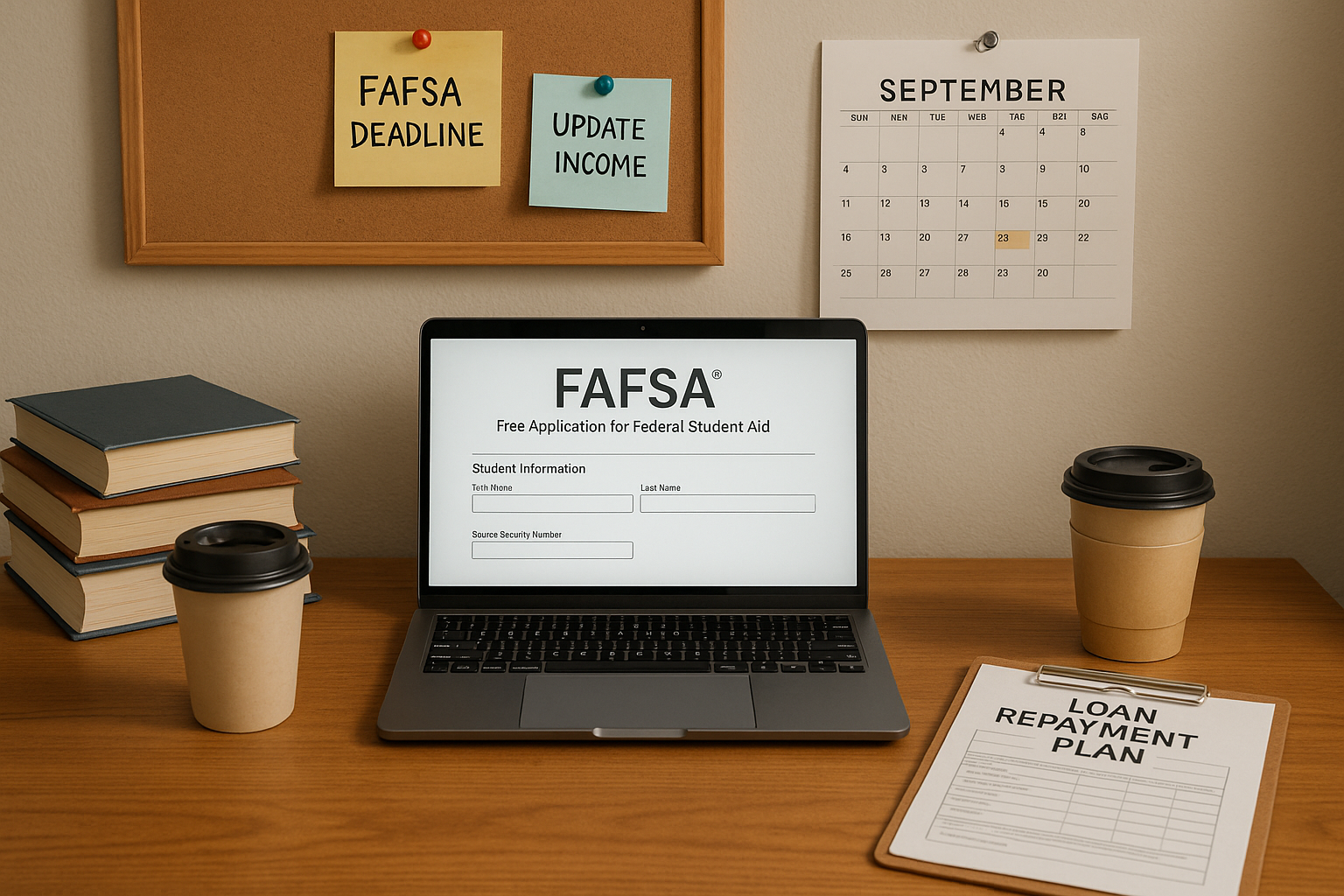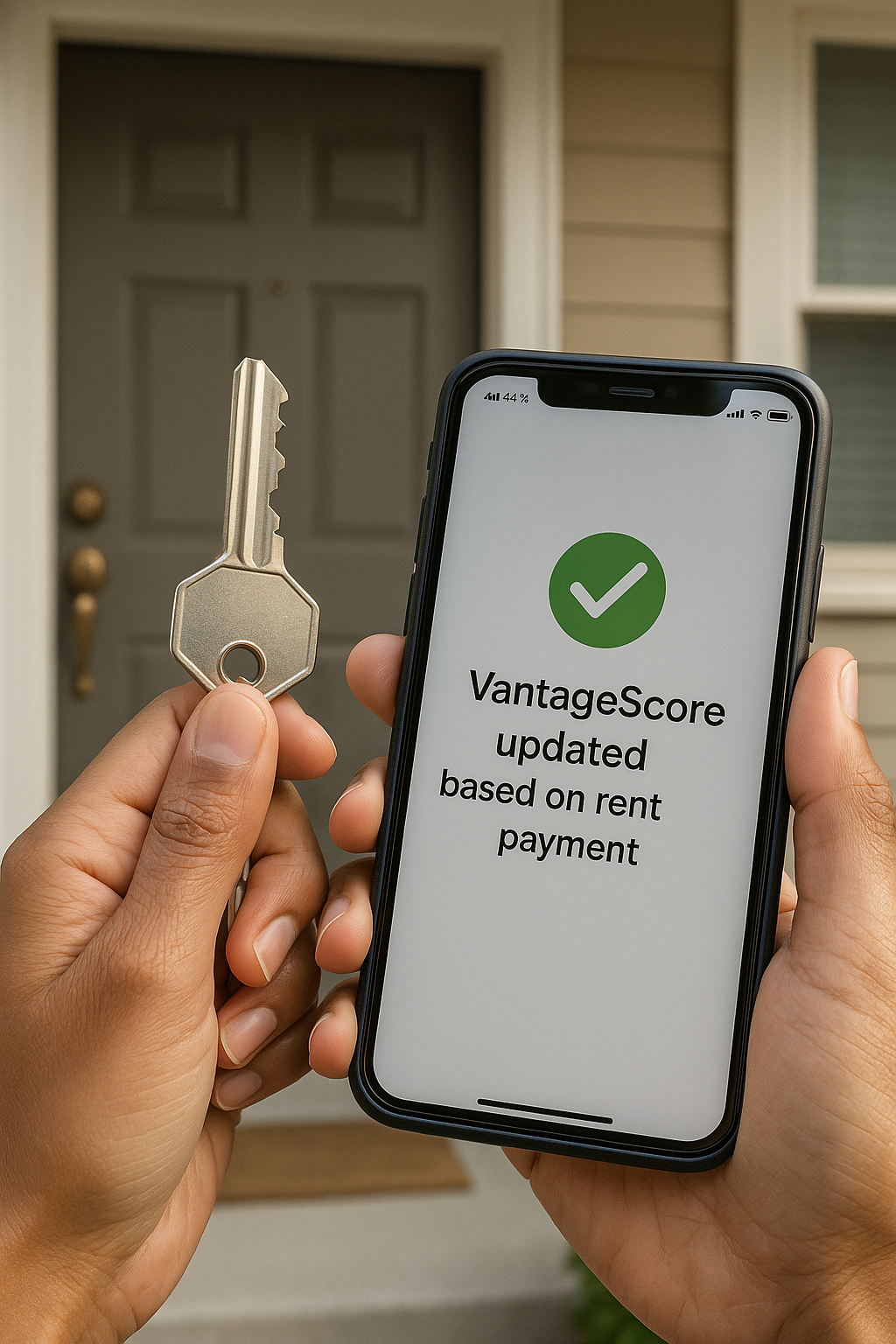
Welcome, familia! Starting your professional life in the U.S. is a huge step. You’ve got the drive, the work ethic, and big dreams, but translating that into a financially secure future often feels like a puzzle. For young Latinos, especially those balancing new careers with family responsibilities, getting a handle on personal finances is more than just a task; it’s about building a foundation for success.
We all hear “start saving early,” but how and what for? Saving isn’t about giving up everything fun now; it’s about empowering your future self. Let’s look at why getting started now is the key to unlocking your financial power.
Why We Need to Save: Building a Financial Anchor
As a community, we’re ambitious. Data from the Federal Reserve shows that in 2022, only 49.3% of Hispanic households had retirement accounts, compared to 65.5% of white non-Hispanic households, highlighting a crucial gap we need to close as we build our wealth (“Disparities in the Finances of U.S. Households”). This isn’t a problem to be scared of, but a clear goal to tackle together.
Saving acts as your financial anchor, providing stability and allowing you to invest in your future. Here are some critical goals you should be saving for right now:
- The Emergency Fund (Your Peace of Mind): This is the most crucial first step. Aim to cover 3 to 6 months of basic living expenses. It’s the shield that protects you from taking on high-interest debt when life hits with an unexpected car repair or a medical bill.
- Big Purchases & Milestones: Saving now lets you pay cash or make a larger down payment, which saves you money on interest over time.
- Down Payment for a Home: Owning a home is a major path to building generational wealth. This is a long-term goal, and the sooner you start saving that down payment, the faster you get there.
- A Reliable Car: Having a functional vehicle is often non-negotiable for work and life in the U.S. Saving for a hefty down payment can secure a better loan rate.
- Investing in Yourself: Education and skills development are key. Saving can help fund professional certifications, advanced degrees, or even a career pivot without relying on student loans.
- Retirement: It seems far away, but due to the power of compound interest, the money you save in your 20s is often the most valuable money you’ll ever save.
Where to Put Your Money: The Right Tools for the Job
Your money should be working as hard as you do. The basic checking or savings account from childhood isn’t enough anymore. As you begin your professional life, you need to use specific tools designed for growth and safety.
Short-Term Security (1–3 Years)
For your emergency fund and immediate goals:
- High-Yield Savings Accounts (HYSAs): These accounts offer significantly higher interest rates than standard savings accounts. Your money is still easily accessible, and your principal is FDIC-insured up to the legal limit, which means it’s a very safe place to keep your important buffer money.
- Certificates of Deposit (CDs): A CD is a time deposit (you agree to leave your money in the bank for a set period, like 6 months or 1 year) in exchange for a higher, guaranteed interest rate. This is a good option for money you know you won’t need for a fixed period.
Long-Term Growth (5+ Years)
For retirement, homeownership, and college savings:
- Tax-Advantaged Retirement Accounts (IRAs): These accounts are specifically designed for retirement and offer significant tax benefits.
- The Tax Incentive: Contributions to some IRAs are tax-deductible now, or your withdrawals in retirement are tax-free later. You are essentially getting a tax break from the IRS to save for your future.
- Investment Accounts (Stocks and Mutual Funds): When you are ready to take on a little more risk for the potential of higher reward, investing in the market can be your most powerful tool for wealth building. Historical data shows that investing in a diverse portfolio over the long term is key to outpacing inflation and significantly growing your wealth.
Taking Action: Our Simple Starting Strategy
No matter your income, you can start today. Here is a simple, effective approach:
- Determine Your “Safety Number”: Calculate your 3-6 months of living expenses. This is your Emergency Fund target.
- Automate Your Savings: Set up a recurring transfer from your paycheck or checking account to your HYSA the day you get paid. Even if it’s just $50 a week, making it automatic ensures you don’t spend it.
- Open the Right Account: Switch your Emergency Fund money from your old, low-interest savings account to a High-Yield Savings Account to maximize your growth from day one.
You have the power and the ambition; now it’s time to equip yourself with financial knowledge. By starting now, no matter how small the amount, you are taking a massive step toward securing your future and creating the wealth that our community deserves. Let’s get our money right!
👉 Ask Gabi anything, anytime.
Stay tuned! We got you!







